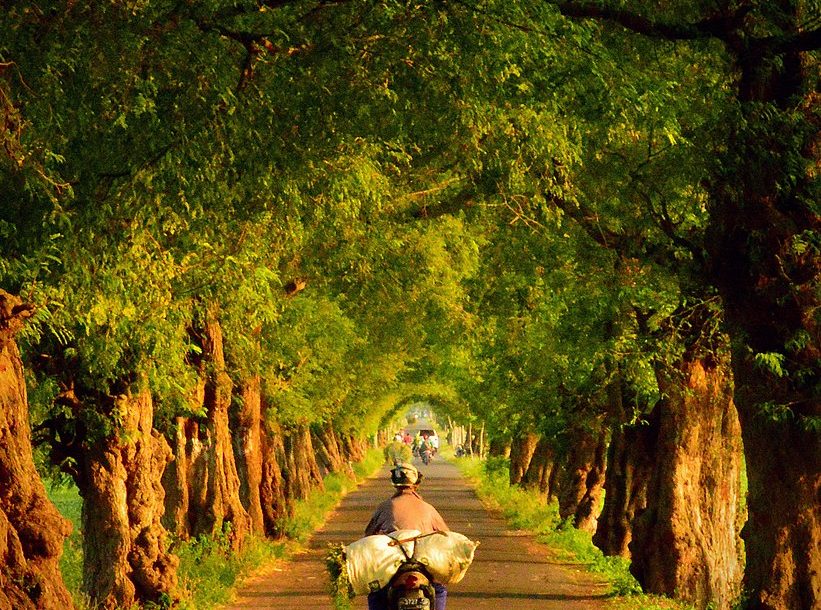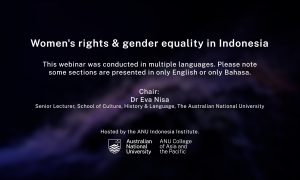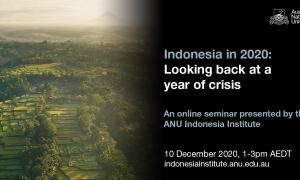Indonesia remains a rural country. With 45% of the population living in the countryside (approx. 123 million), Indonesia has the fourth-largest rural population in the global south. Agriculture is the lead sector in 20 of 34 provinces. Rural Indonesia is changing fast, with land reform and village government reforms, rapid migration to the city and overseas, and COVID-19 impacting rural life. While many people have moved above the poverty line over recent decades, rural people face the imminent threats of vulnerability, food security, stunting and climate change, with a large proportion still living below $2/day. Despite the importance of rural life to Indonesia and its region, scholarship has tended to overlook rural Indonesia. In August 2022 the Indonesia Institute held a panel discussion to commemorate Hari Tani and Indonesian Independence day and consider the need to rejuvenate research on rural Indonesia. We asked critical Indonesian thinkers to reflect on a simple question: What are the most important policy problems facing rural Indonesia, and what can researchers do about them? The panellists presentations were followed by an open discussion.
Panel speakers:
Land Reform: Noer Fauzi Rachman
Food security in rural Indonesia: Sirojuddin Arif, SMERU
Village Governance: Lian Gogali
Rural migration: Suraya Affi
 Facebook
Facebook  Twitter
Twitter  Soundcloud
Soundcloud  Youtube
Youtube  Rss
Rss 


